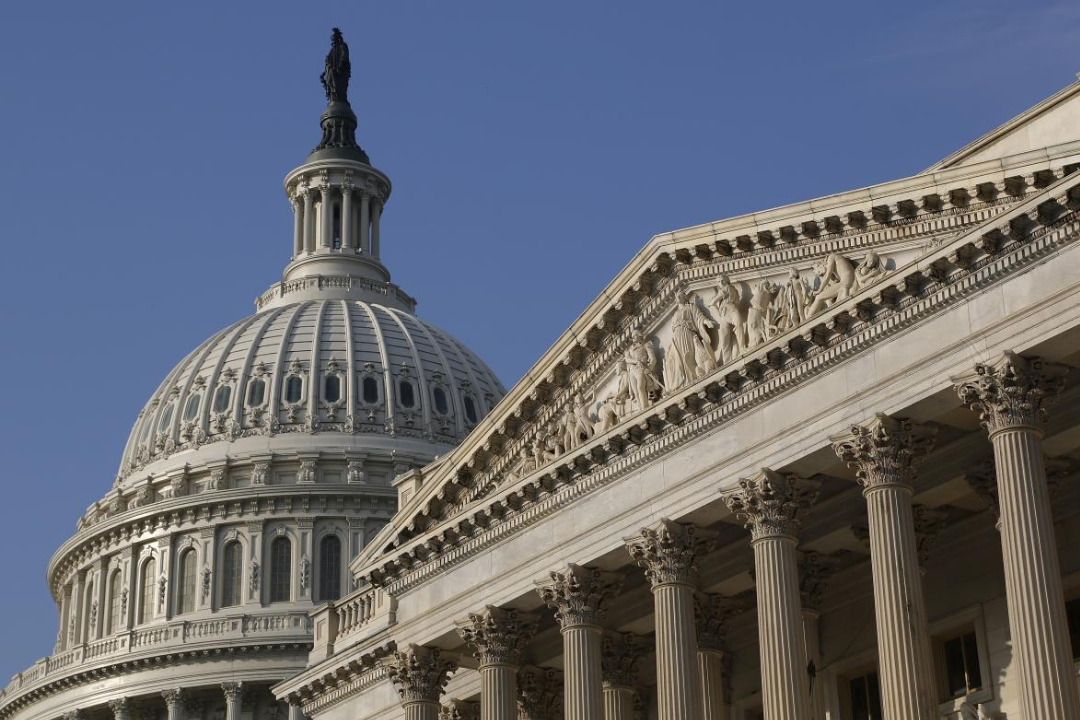Cannabis retail stores will have to pay nearly $ 11,250 in city business registration and application fees to set up a store in Encinitas under a new fee system approved by the city council on Wednesday night.
Establishing the fee schedule is one of the first steps the council must take to enact Measure H, a citizens’ initiative approved by the city’s electorate in November. Measure H allows up to four cannabis retail stores to open in the city. It also allows commercial cannabis growing in greenhouses on farmland and allows cannabis kitchens, distribution facilities, and product manufacturers to go to some parts of the city.
The measure was narrowly endorsed by the city’s voters and the passage of its provisions, particularly the retail share, was controversial. Half a dozen people, mostly public health advocates working with local youth, urged the council to postpone a vote on the proposed fee schedule Wednesday evening, saying that more information was needed on what the fees would cover.
“I think it would be a gift for all of us if we could do that,” said Judi Strang, executive director of the San Dieguito Alliance for Drug-Free Youth, and asked the council to postpone its vote.
Strang noted that the state’s Coastal Commission has not yet completed its review of the Measure H Regulation, arguing that Encinitas officials still have time to host a public workshop on the fee proposal and seek comments from regional health lawyers who have experience with other cities. Problems with cannabis shops. That would save the city “a lot of suffering” later, she said.
Employees of the city planning office and two representatives of the consultancy commissioned by the city contradicted their view of the postponement of the vote. They said the state coastal commission could complete their process within the next two months and it would be best if Encinitas had the permit fees before that event.
Leslie Devaney, the city’s interim attorney, said the city could also be the subject of a lawsuit if it “unduly” delays the implementation of the provisions of the voter-approved initiative.
“I think it is very important that this process continues,” she said, stressing that the city is not really flexible on the cannabis trade regulation as voters have already approved it.
Councilors eventually voted 3-1 in favor, with Councilor Tony Kranz opposed and Mayor Catherine Blakespear absent. Kranz said he would wait and hold a public workshop, as Strang had suggested. Councilor Joy Lyndes initially said she was leaning towards a postponement but voted in favor after Councilor Kellie Shay Hinze and Councilor Joe Mosca said the fee schedule could be changed later if necessary.
Mosca stressed that the fee schedule is designed to cover 100 percent of the city’s expenses related to licensing cannabis companies.
“Taxpayers will not pay for any of the services we provide,” he said.
A potential cannabis retail store owner must first pay a city registration fee of $ 6,528. A portion of this fee income will cover the cost of reviewing and grading the prospect’s application. Those who achieve a high rank in the initial screening then take part in a raffle for the four retail sales permits.
Retail lottery winners and applicants looking to start growing, manufacturing, or distributing businesses in town must next pay a registration fee of $ 4,712. This fee covers the cost of ensuring that state and local regulatory requirements are met, including proof of insurance to documentation that cannabis products are safely stored at the proposed business location, the city’s papers state.
The registration and application fees are one-time costs. The fee schedule also includes annual license fees and other fees, including a fee for contesting a city permit decision.





